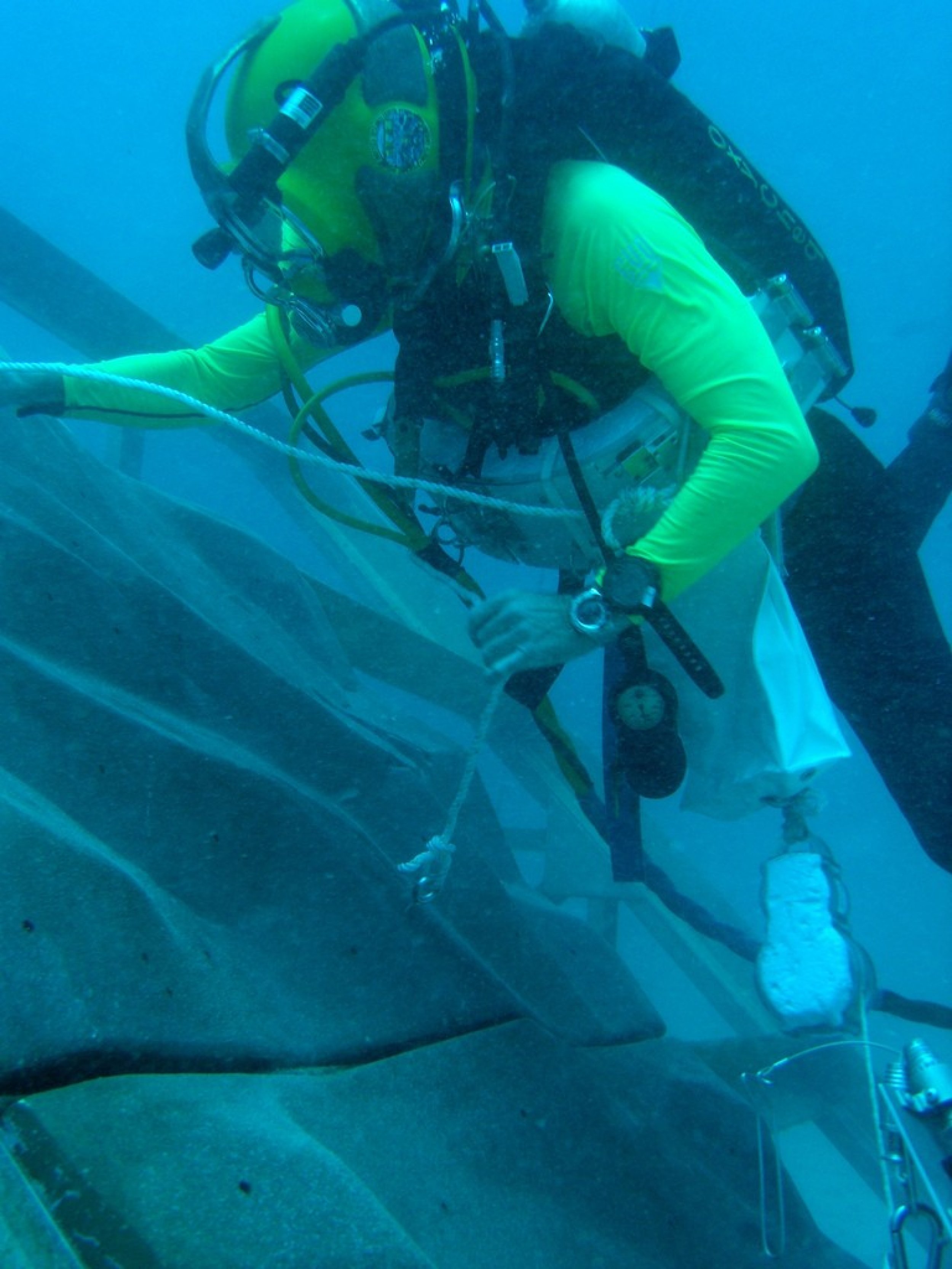NASA Asteroid Research to Begin Under the Sea in October (PHOTOS)
In a preparation for future space exploration, a group of NASA's diving crew will live in Aquarius underwater research laboratory located near Key Largo, Florida during October.
The 10-day mission of the 15th expedition of NASA Extreme Environment Mission Operations project (NEEMO) is scheduled to begin in Oct. 17. The primary objective is to test the equipment and operational concepts needed for exploration to near-Earth asteroids.
NEEMO 15 will focus on three different aspects of a mission to an asteroid surface. The first is anchoring to the surface of the asteroid. Unlike the moon or Mars, an asteroid would have little, if any, gravity to hold astronauts or vehicles to its surface, so an anchor would be necessary.
To move around on the surface of an asteroid will require a method of connecting multiple anchors to form pathways. The best way in which to connect these anchors will be the second aspect of a near-Earth asteroid mission addressed by NEEMO 15.
Finally, since NASA's purpose in visiting an asteroid would be for scientific research, the third aspect of this mission investigated by NEEMO 15 would be different methods of sample collection.
NASA is using a capability-driven approach to new concepts of human exploration for multiple destinations in our solar system; one of those destinations are near-Earth asteroids.
Aquarius provides a convincing analog to space exploration for NASA, and NEEMO crew members experience some of the same tasks and challenges underwater as they would in space.
This near-zero gravity environment presents a unique challenge where anchoring, tethering, and translating devices will be necessary for surface operations.
The NEEMO 15 support team had conducted engineering evaluations during the week of May 9 to 15 in the Aquarius undersea research laboratory. The support team performed surface dives to configure and lay out test sites, including a rock wall.
Take a glimpse of NEEMO underwater engineering activities conducted in May:



© Copyright IBTimes 2024. All rights reserved.





















